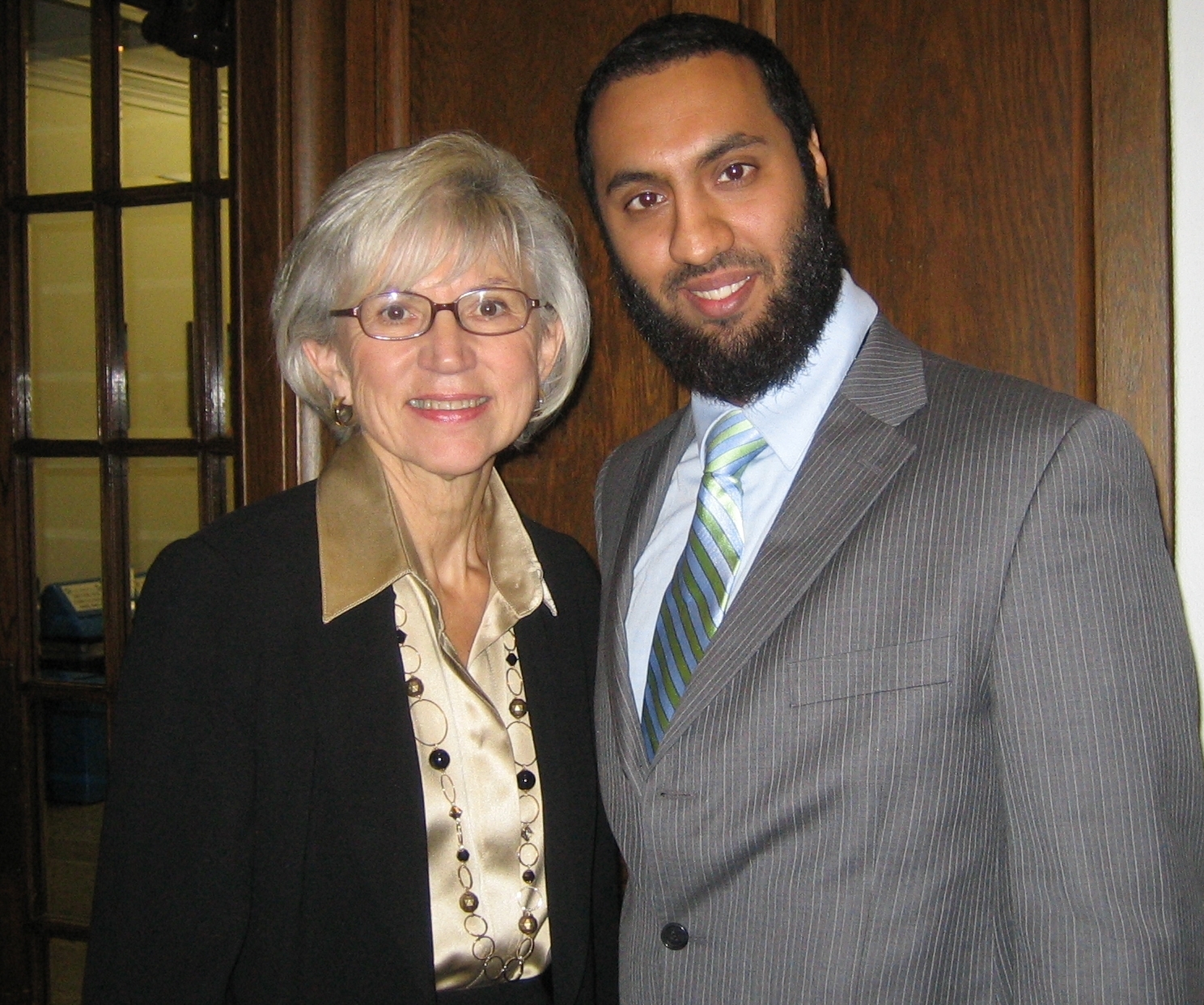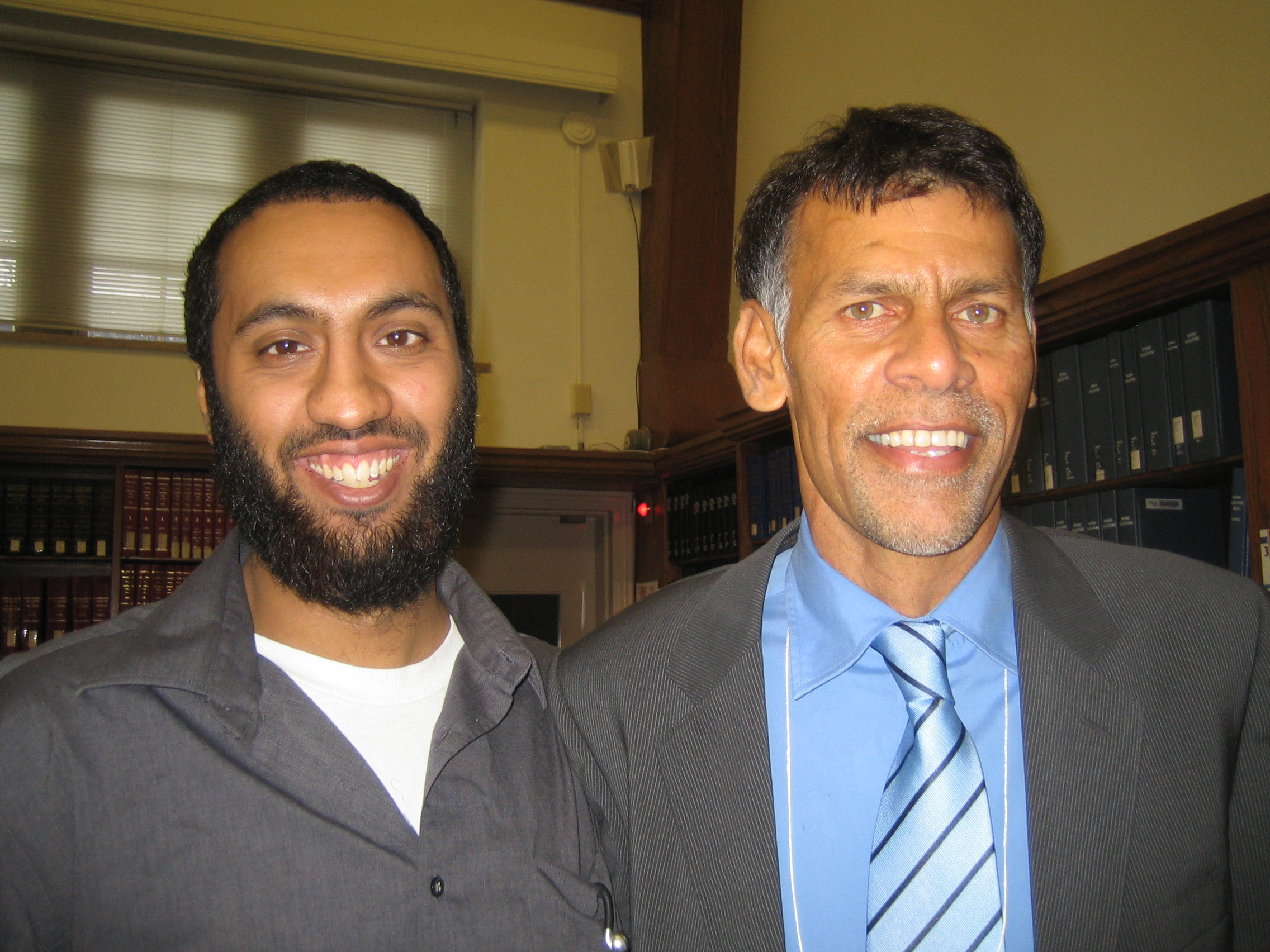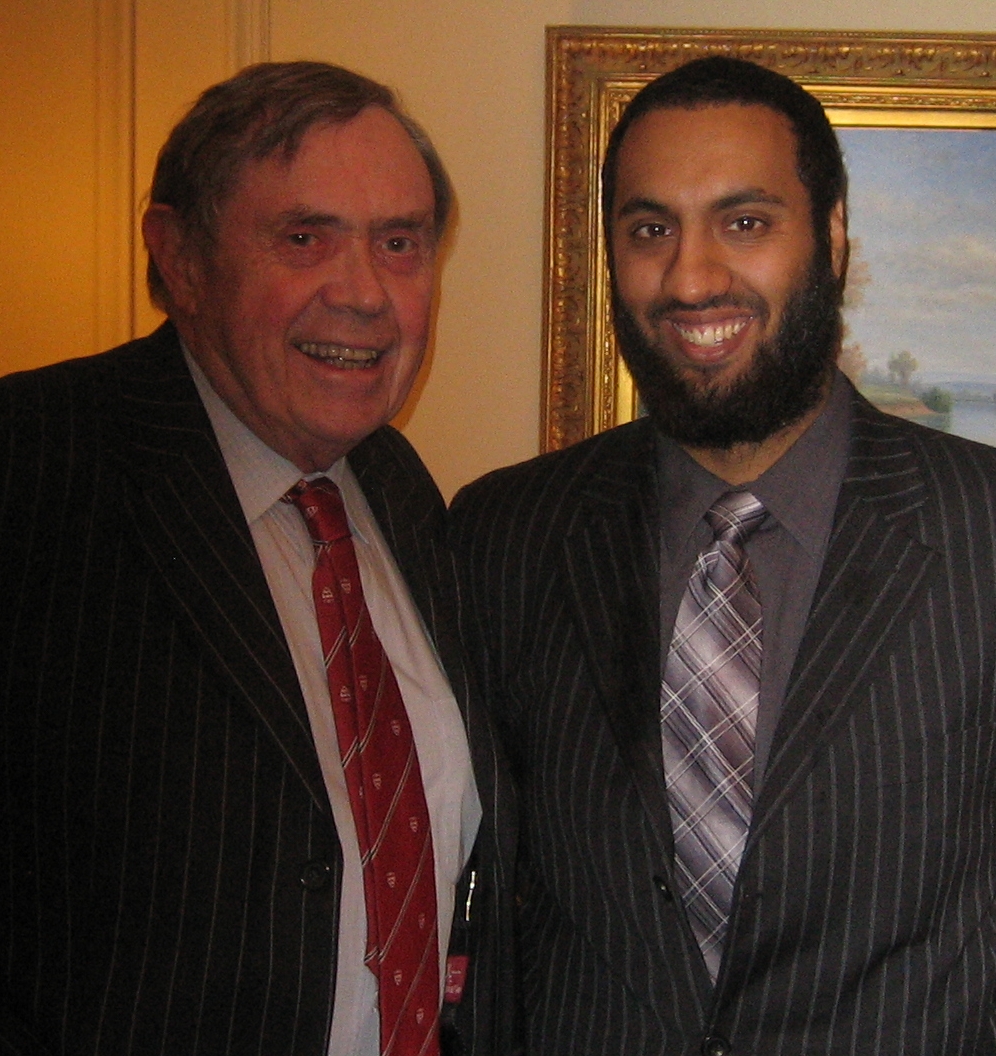The Charter and Human Rights at Work: 25 Years Later
The University of Western Ontario hosted the 2007 Labour Law Conference on October 27, 2007. The theme was The Charter and Human Rights at Work: 25 Years Later.
The Charter and human rights are increasingly re-shaping labour laws and employment relations in the Canadian workplace
Human rights and equality have become the leading legal issues in the Canadian workplace. Anti-discrimination clauses in collective agreements, human rights statutes and even the Charter of Rights and Freedoms are regularly litigated in labour and employment law cases. As our society becomes more diverse and more rights-oriented, and as our employment relationships become more transitional, workplace glass ceilings have become more visible and human rights talk has become more evident.
The workplace, in Canada and elsewhere, is not only a primary source of human rights violations but it is also one of the most obvious social institutions through which to challenge these discriminatory practices through laws and campaigns. Many of the path-breaking human rights and equality rulings in Canada over the past twenty-five years – on disability, race, gender, religious beliefs, sexual orientation, older workers, and family status issues – have arisen out of the workplace. All of these human rights issues, and more, have been at the centre of developments in modern Canadian labour law and industrial relations.
The University of Western Ontario and the national law firm of Heenan Blaikie LLP are proud to co-sponsor their fifth labour law conference, with this year’s theme of The Charter and Human Rights at Work: 25 Years Later. This event brings together prominent international labour law academics, practising lawyers, chairs of Canadian labour relations boards, Canadian and international policy advisors, law students and representatives of employers, unions and government. Together, they will engage in a broad-based debate on the present and future direction of human rights and equality law in the workplace.
The conference was co-chaired by Brian Burkett, Partner, Heenan Blaikie LLP and Professor Michael Lynk, Faculty of Law, UWO. The program was as follows:
PANEL 1: The Charter and Labour Law: What Difference Has it Made?
Chaired by: The Right Honourable Beverley McLachlin, P.C., Chief Justice of Canada
Panelists:
Paul Cavalluzzo, Cavalluzzo Hayes Shilton McIntyre & Cornish
Patricia Hughes, The Law Commission of Ontario
Brian Langille, University of Toronto
Canadian labour law, once thought of as the Charter’s orphan, has recently witnessed a number of trail-blazing decisions on workplace rights. In recent rulings – Dunmore, Pepsi-Cola, Advanced Cutting and Coring, and now B.C. Health Services – the Supreme Court of Canada has acknowledged a place for collective rights in the Charter, and opened the door to challenging restrictions on organizing, collective bargaining and industrial disputes. But how wide-open is the door, and how solid is the foundation?
PANEL 2: Fundamental Rights at Work in International Law
Chaired by: Warren Edmondson, Chair, Canada Industrial Relations Board
Panelists:
Adelle Blackett, McGill University
Michael Lynk, University of Western Ontario
Lee Swepston, International Labour Organization
With the Supreme Court of Canada’s recent ruling in B.C. Health Services giving a prominent role to international labour law, we will be looking to the legal rulings of the International Labour Organization and other global institutions for guidance in future workplace Charter challenges. What are the fundamental principles of international labour law, how might they shape litigation on the horizon, and what has Canada’s labour law record been at the ILO?
Luncheon Speaker: Mr. Hassan Yussuff, Secretary-Treasurer, Canadian Labour Congress
Hassan Yussuff has been the elected Secretary-Treasurer of the Canadian Labour Congress, the second ranking leadership position in the Canadian labour movement, since 2002. A native of Guyana, he first became active in the labour movement as a young worker at CanCar in Toronto, before becoming a staff representative with the Canadian Auto Workers. At the CLC, Mr. Yussuff’s responsibilities include include political action, human rights, anti-racism, and immigration and refugee issues. He is also a Vice-President of ORIT, the American hemispheric organization of the International Trade Union Confederation.
PANEL 3: Human Rights at Work I
Chaired by: Kevin Whitaker, Chair, Ontario Labour Relations Board
Panelists:
Gillian Demeyere, University of Western Ontario
Ravi Malhotra, University of Ottawa
Andrea Zwack, Heenan Blaikie
The rapid rise of human rights to legal prominence in the Canadian workplace has witnessed prominent rulings on all of the major statutory anti-discrimination grounds. This panel will critically examine legal developments in the human rights areas of religious beliefs, race and gender at work.
PANEL 4: Human Rights at Work II
Chaired by: Mr. Hassan Yussuff, Canadian Labour Congress
Panelists:
Michael Mac Neil, Carleton University
Dianne Pothier, Dalhousie University
Larry Steinberg, Koskie Minsky
This panel continued a critical assessment of human rights developments in workplace law, including legal developments around employment discrimination over family and marital status, disability and age.
The Honourable Donald Johnston, P.C., Q.C. was the banquet speaker. A lawyer, former federal cabinet minister and international public servant, he was elected four times to the House of Commons. He held several cabinet roles under Prime Minister Trudeau, including Minister of Justice and Attorney-General and President of the Treasury Board. In 1996, he became Secretary-General of the Organization for Economic Co-operation and Development (OECD), the first non-European to occupy this prestigious position. During his 10 year tenure, Mr. Johnston took the lead in establishing corporate social responsibility, sustainable development and employment conditions as integral parts of international economic policy.


